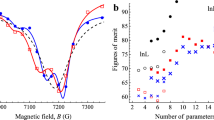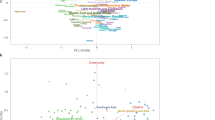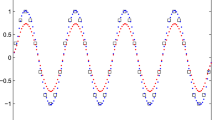Abstract
I HAVE read with great interest the abstract of the paper on the invention of the slide rule, by Prof. F. Cajori, which appeared in NATURE of December 30, 1909. I agree with the author in thinking that the Rev. William Oughtred was the first to suggest that calculations could be made more accurately and rapidly by sliding the edges of logarithmic scales together than by using compasses—the method adopted by Gunter; but Oughtred had a poor opinion of this device, and rightly considered that his circular scale was a great improvement on it. A few years before 1671, Seth Partridge1 re-discovered the sliding principle, perfected it, and gave an almost complete specification for the slide rule which is used to-day by engineers.
This is a preview of subscription content, access via your institution
Access options
Subscribe to this journal
Receive 51 print issues and online access
$199.00 per year
only $3.90 per issue
Buy this article
- Purchase on Springer Link
- Instant access to full article PDF
Prices may be subject to local taxes which are calculated during checkout
Similar content being viewed by others
References
"The Description and Use of an Instrument called the Double Scale of Proportion." (London, 1671.)
Author information
Authors and Affiliations
Rights and permissions
About this article
Cite this article
RUSSELL, A. The Invention of the Slide Rule. Nature 82, 307–308 (1910). https://doi.org/10.1038/082307c0
Issue Date:
DOI: https://doi.org/10.1038/082307c0
Comments
By submitting a comment you agree to abide by our Terms and Community Guidelines. If you find something abusive or that does not comply with our terms or guidelines please flag it as inappropriate.



